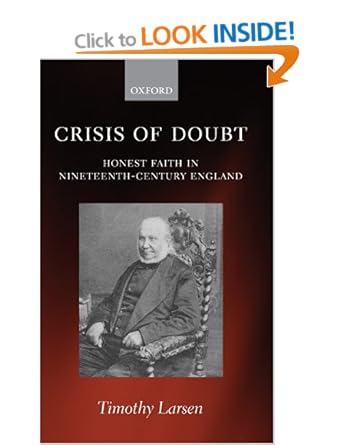Warning, and I am serious: Make sure you are ready spiritually to listen to the eighteen minute clip below. Bart is the son of the famous, Christian speaker Tony Campolo. Bart started many ministries, but recently became the first secular humanist chaplain at USC.
Below is the article followed by his short talk. This is the kind of stuff that motivates me to put together a new seminar called “Listening to Skeptics and Doubters.” Here is the brief description of that course/seminar. If you know of a church or any organization who would be interested in having it, drop me a note at davidgemoore@gmail.com.
As Christians we understandably are quick to answer the questions raised by detractors of the gospel.
In this course/seminar/talk (all options are available), I will certainly offer responses to the objections raised by those outside the Christian faith, but I seek to do something more.
My approach follows somewhat in the spirit of Christian philosopher, Merold Westphal. He patiently allowed Freud, Marx, and Nietzsche to bring their various cases against Christianity. Then he did what most Christians don’t: he conceded that some of their concerns were valid. Professor Westphal offered answers, but first he gave ample time so these three “masters of suspicion” could speak freely.
We will look at five challenges to the Christian faith from the nineteenth century. All five challenges remain with us today:
*Critiques of Christianity from writers like Emerson and Melville along with the serial doubter, poet Emily Dickinson.
*New challenges due to immigration of moving from a largely Protestant nation to more of a “banquet” of religious options.
*Processing the carnage of the Civil War, numerically a 9/11 every day for about seven years!
*Attacks on the Bible from radical scholars which caused many to lose confidence in the Christian faith.
*A new paradigm of origins thanks to Charles Darwin.
http://www.christianitytoday.com/edstetzer/2014/september/deconversion-some-thoughts-on-bart-campolos-departure-from-.html
https://www.youtube.com/watch?v=2IDoNAWOC5g



